“Ms. Haley cannot impose her personal taste on the JCPOA, and give out a list of JCPOA related problems,” said Mohammad Javad Zarif, the Iranian Minister of Foreign Affairs, in an interview with government’s official website. The chief of Iran’s diplomacy who has just recently won the confidence vote of parliament for a second term in office touched upon a host of foreign affair issues during the interview including, the JCPOA, regional situation, relations with Saudi Arabia, developments in Syria, and economic policies.
Considering the outset of the 12th administration in office, the interview and the areas discussed in it are of high interest to those following the course of politics in Iran.
Here comes the major parts of the interview:
We know that we are in the national week of government in Iran and this interview aims to discuss the achievements of the 11th administration vis-à-vis the perspective ahead of the 12th administration, especially in terms of the hops tied to the diplomatic squad of government. On the other hand, these days we are in the midst of the season for annual rituals of Abrahamic Hajj. Thank God, with the efforts concerted by government, good news are relayed from this year’s rituals. The first question of mine will be about Iran- Saudi Arabia relations. Can it be a prelude to improvements of relations with Saudi Arabia and other Arab countries aligned with Riyadh?
Addressing your question about Saudi Arabia and this year’s Hajj, I am delighted to see that after the efforts of our good brothers in Leader’s office of Hajj and Hajj and Pilgrimage Organization, and with good negotiations of the last year between them and Saudi officials, good agreements were made about the holding of Hajj and the rituals have been going smoothly so far with honor and dignity. I hope to see the pilgrims of Iran and other Islamic countries enjoy the full spiritual benefit of this grand ceremony of spiritual value before returning to Iran and their respective countries. The Islamic Republic of Iran has always been seeking good neighborliness and cooperation in the region.
Our policy is based on neighboring discourse. It means that you have to hold relations with neighbors necessarily upon reciprocal respect. Because you cannot have security in an unsecure neighborhood. We need to have a safe and strong region.
The power of our region will be mustered, we maintain, by the people of the region and good relations and communications between the countries of the region. The foreigners cannot create power and security in our region. We believe than as soon as our neighbors voice readiness, the will find the Islamic Republic of Iran a good partner and a powerful neighbor seeking interaction and cooperation.
As it has been announced, the foreign ministry is going through some changes in its chart with introduction of two departments of economy and politics. Economy is the top priority of our country and the foreign ministry is willing to play a bolder role in economic affairs, however, does it mean a specific message to the world? Is JCPOA losing its priority in the agenda of the foreign ministry?
We will have two super priorities in the 12th administration; one of them is the issue of economy and the other is the issue of our neighbors. These two super priorities are emboldened in the two newly formed departments of economy and politics. It means that we have a main agenda in the department of politics to have regional initiatives and two areas of focus in the department of economy to work on resistance economy and domestic coordination for advancing the economic goals of country.
The JCPOA is still a priority for the Islamic Republic of Iran. I think you can see it in the remarks made by the foreign officials as Ms. Mogherini and Mr. Macron described the JCPOA as an international priority. The JCPOA is one of the most important diplomatic accomplishments of the past decades and accordingly bears a high significance. What has mattered the most to us in the foreign ministry has been to seek our agenda through expert-oriented activities and that is why we are making changes in the organizational chart of the ministry. Not only we have not added a new department, but also we have shrunk the departments converting the three regional departments into the department of economy and the department of politics.
Unfortunately, some people in Iran claim that the foreign policy in the 11th administration was European and Western oriented, with much more attention to Europe and West. But, when we evaluate the meetings held during the 11th administration, with foreigners, we find that Asian and Eastern officials possess a higher rate of meetings with Iranian officials, vis-à-vis the Westerners. Even the number of meetings with Chinese and Russian officials is much more than former administration. Will follow the same method in the new term in office?
As you said, most of our visits and meetings in the 11th administration were with neighbor and Asian officials and indeed we had a balanced approach in our foreign relations. Maybe it is because the former administration was mostly in meetings with Latin American and African countries, to a limited extent with regional and Asian countries, and with almost no contact with European countries which makes some people misevaluate the broad extent of 11th administration’s contacts with Europeans
One of the crises of the region is the issue of Syria. Good progresses have been made in the Astana talks but it seems that it will take a long time to reach the complete resolution of the crisis. How do you see the future of developments in Syria?
Thank God, the field situation of the Syrian government and people has made a great progress with the resistance exercised by the Syrian people along with the campaign of resistance forces who came to the support of Syrian government and nation. Takfirist and extremist groups are in a pathetic situation on the field, thank God, which creates a historical opportunity for seeking a political settlement. Because we have always held that the crises of our region, in Syria, Yemen, Bahrain, and other countries, do not have a military solution. The only way out is the political solution based on the engagement and comprehensive involvement of the people of these countries in the future destiny of their countries. The foreign governments can only speed this process up but they cannot impose their approaches.
YNG/4076352


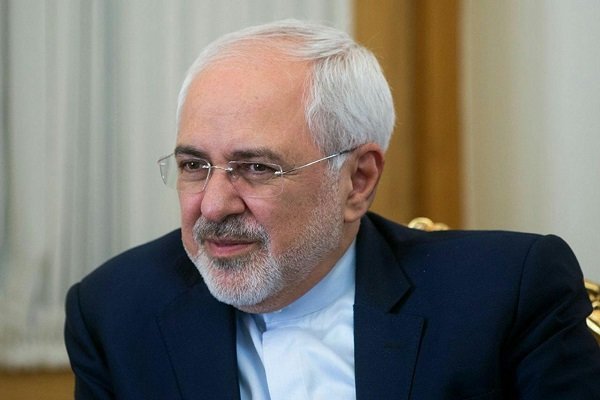


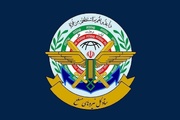
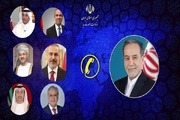

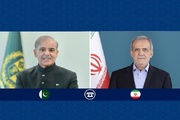
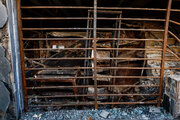
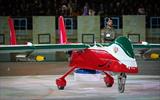
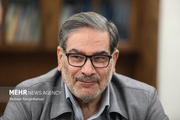
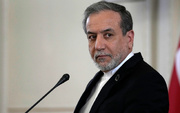


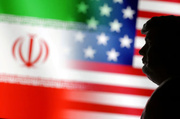
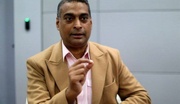




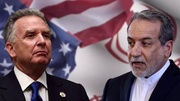
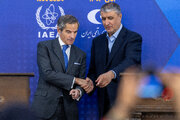



Your Comment